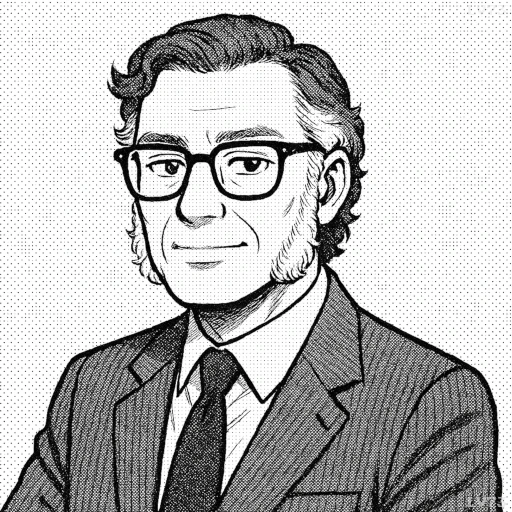“Meanwhile, fears of universal disaster sank to an all time low over the world.”

- January 2, 1920 – April 6, 1992
- Born in Russia
- Author, biochemist (professor)
table of contents
Quote
“Meanwhile, fears of universal disaster sank to an all time low over the world.”
Explanation
In this quote, Asimov observes a moment in time when the fear of global catastrophe—whether through war, disease, or other existential threats—reached an unprecedented low. This suggests that, for a brief period, people felt a sense of hope or security, perhaps due to a temporary stabilization in global tensions, scientific progress, or the avoidance of disaster. Asimov’s mention of “universal disaster” likely refers to the nuclear threat, the fear of global war, or other apocalyptic scenarios that were prevalent throughout the 20th century, particularly during the Cold War. His statement reflects the idea that, at least for a time, the collective anxiety over the potential for world-ending events diminished, allowing for a moment of optimism or a sense of relief.
Asimov, writing during the 20th century, was acutely aware of the precariousness of global peace, particularly in the aftermath of World War II and in the context of the Cold War. The threat of nuclear war, in particular, loomed large over much of his life, and he frequently explored themes of human survival and the consequences of technological advancement gone awry. However, the quote could also reflect a moment of technological optimism, where advancements in science and medicine were seen as mitigating some of these catastrophic risks. The brief decrease in fears of universal disaster might also represent a collective belief that humanity had, for the time being, managed to avoid the worst possible outcomes.
In today’s world, while fears of global disasters—from climate change to nuclear proliferation—remain, the sense of global interconnectivity and technological progress may lead some to believe that we have the means to avert such crises. However, Asimov’s quote also serves as a reminder that, despite periods of hope and relative peace, the possibility of universal disaster is never entirely absent. The ebb and flow of collective fear and optimism continues to shape how societies prepare for and react to existential threats. Asimov’s reflection invites us to consider the delicate balance between technological advancement and responsibility, emphasizing the need for vigilance and thoughtful action even in times of relative calm.
Would you like to share your impressions or related stories about this quote in the comments section?


